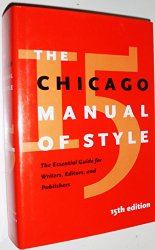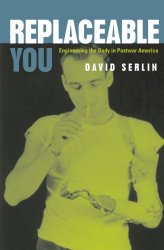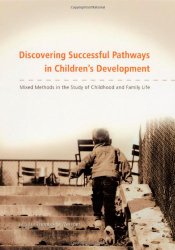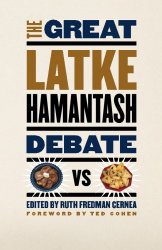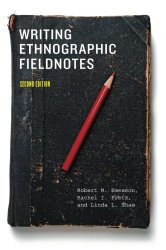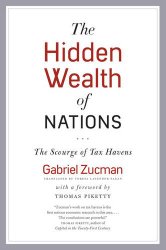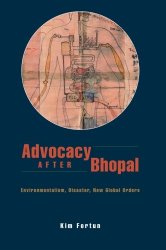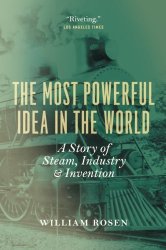In the 1890s, a proofreader at the University of Chicago Press prepared a single sheet of typographic fundamentals intended as a guide for the University community. That sheet grew into a pamphlet, and the pamphlet grew into a book–the first edition of the Manual of Style, published in 1906. Now in its fifteenth edition, The Chicago Manual of …
University Of Chicago Press
After World War II, the United States underwent a massive cultural transformation that was vividly realized in the development and widespread use of new medical technologies. Plastic surgery, wonder drugs, artificial organs, and prosthetics inspired Americans to believe in a new age of modern medical miracles. The nationalistic pride that flourished in postwar society, meanwhile, encouraged many Americans …
Discovering Successful Pathways in Children’s Development provides a new perspective on the study of childhood and family life. Successful development is enhanced when communities provide meaningful life pathways that children can seek out and engage. Successful pathways include both a culturally valued direction for development and competence in skills that matter for a child’s subsequent success as a person …
Creation versus evolution. Nature versus nurture. Free will versus determinism. Every November at the University of Chicago, the best minds in the world consider the question that ranks with these as one of the most enduring of human history: latke or hamantash? This great latke-hamantash debate, occurring every year for the past six decades, brings Nobel laureates, university …
Part of every legend is true. Or so argues Jody Enders in this fascinating look at early French drama and the way it compels us to consider where the stage ends and where real life begins. This ambitious and bracing study explores fourteen tales of the theater that are at turns dark and dangerous, sexy and scandalous, humorous …
Writing Ethnographic Fieldnotes, Second Edition (Chicago Guides to Writing, Editing, and Publishing)
In Writing Ethnographic Fieldnotes, Robert M. Emerson, Rachel I. Fretz, and Linda L. Shaw present a series of guidelines, suggestions, and practical advice for creating useful fieldnotes in a variety of settings, demystifying a process that is often assumed to be intuitive and impossible to teach. Using actual unfinished notes as examples, the authors illustrate options for composing, …
We are well aware of the rise of the 1% as the rapid growth of economic inequality has put the majority of the world’s wealth in the pockets of fewer and fewer. One much-discussed solution to this imbalance is to significantly increase the rate at which we tax the wealthy. But with an enormous amount of the world’s …
Advocacy after Bhopal: Environmentalism, Disaster, New Global Orders
The 1984 explosion of the Union Carbide chemical plant in Bhopal, India was undisputedly one of the world’s worst industrial disasters. Some have argued that the resulting litigation provided an “innovative model” for dealing with the global distribution of technological risk; others consider the disaster a turning point in environmental legislation; still others argue that Bhopal is what …
The Most Powerful Idea in the World: A Story of Steam, Industry, and Invention
Hardly a week passes without some high-profile court case that features intellectual property at its center. But how did the belief that one could own an idea come about? And how did that belief change the way humankind lives and works? William Rosen, author of Justinian’s Flea, seeks to …
Piracy: The Intellectual Property Wars from Gutenberg to Gates
Since the rise of Napster and other file-sharing services in its wake, most of us have assumed that intellectual piracy is a product of the digital age and that it threatens creative expression as never before. The Motion Picture Association of America, for instance, claimed that in 2005 the film industry lost $2.3 billion in revenue to piracy …
